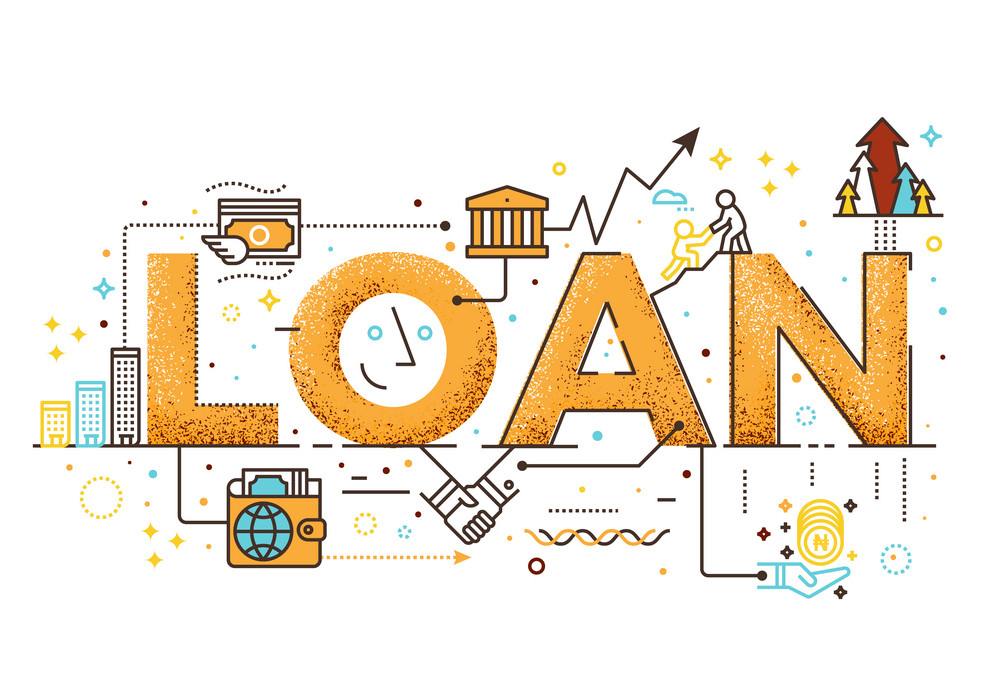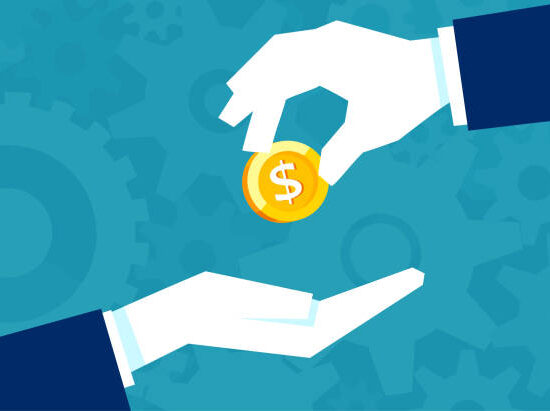Thelma is in a tight fix and wants to take a loan. That’s the only option she can think of because she needs the money to solve an immediate need. The money she plans to borrow is way above what she can pay immediately, considering her source of income and otherwise. The loan would solve her immediate need but would it be favorable for her in the long run?. Would she be able to pay the loan within the specified period without struggling? Sometimes taking a loan may not always be the solution to our money needs. Obtaining a loan should be an afterthought after every other option is considered. It should also be what you can pay back comfortably so that you’re not in a continuous disaster of economic shambles. See financial stability
Overview of a loan
A loan refers to a sum of money given out, expected to be paid back with interest and within a given period. Usually, the lender and the borrower have an agreement on the terms of payment. In some cases, the lender requests collateral in case of default in payment. The lender can also request a certain amount of interest and available payment options, which the borrower has to choose. Loans are not limited to individuals alone; companies and corporations also collect loans. A loan aims to increase the ready supply of money to solve immediate needs. Lenders make a profit through the interest or fees added to the loan.

Secured and Unsecured loans
We cannot understand the concept of loans without knowing the difference between these categories of loans. These categories are explained individually below:
- Secured loans: this refers to a type of loan that comes with collateral. Here, the borrower drops the certificate of ownership of any asset equivalent to what he is borrowing. There’s something the lender can hold on to in case of default. The borrower’s property is at risk if they cannot meet up with the term of payment. However, the interest rate is usually lower because of the collateral involved. Borrowing money to buy a house is an example of a secured loan.
- Unsecured loans: this refers to a type of loan that doesn’t come with collateral, and borrowers are at liberty to borrow so long as they have a good credit score or a good history of repaying debts. The lenders rely on the high-interest rate to make a profit. However, individuals who provide unsecured loans are at risk of losing, as there’s no collateral to fall back on if there’s a default in payment. It’s flexible and easy to secure loans as there aren’t many protocols to follow.
Types of loans
Just as there are different reasons for collecting a loan, there are also types of loans for various purposes. They include:
- Personal loans
- Student loans
- Auto loans
- Mortgage
- Small business loans
- Borrowing from family and friends
Things to consider before you take a loan
You have weighed all options and concluded that taking a loan is your last resort. The loan will solve your immediate needs, but you don’t want to be in a position where you continue to pay unending debts. Here are things to consider before taking a loan;
- Reason for loan: the first thing to consider when taking a loan should be the reason you’re taking the loan. What type of need are you trying to solve? Is it a long-term need or a short-term need? Can the need be put on hold till you have an alternative, or is it urgent? You are clarifying all this so that you don’t end up taking loans you will regret. Knowing the nature of your needs will help determine the type of loan to take.
- Compare different loans and interest rates: You also have to consider individual loans and their rate before taking one. Make sure you know all the fees and interest attached to the loan you intend to take. Know the total amount of money you are supposed to pay back so that you know what you’re getting into. Make sure repayment options are clear; you fully understand what it involves.
- How ready are you to handle more debts: you probably have outstanding debts, and there’s an urgent need. Hence, the need to take a loan. You need to consider if you’re ready to bear the burden of another debt. Can you handle the addition of another debt? Would it affect your repayment of other loans? It is necessary to note all this so that you don’t start what you can’t finish.
- Evaluate ability to repay the loan: taking a loan is one thing and paying it back is a different ball game. If you must take a loan, take what you can comfortably payback. Just like the saying goes “No go dey do pass yourself.” It’s better to walk a free man than to walk around with the burden of debts that you cannot pay back.
Conclusion
Taking loans can be one’s greatest undoing if you don’t do it the right way. Dodopay offers non-collateral and low-interest loan options that are flexible and easy to payback. Your frequent usage of this app qualifies you for this benefit and more. Visit the dodopay website to know more.






